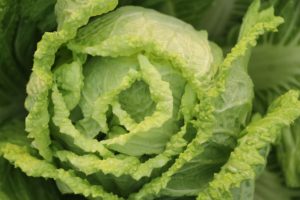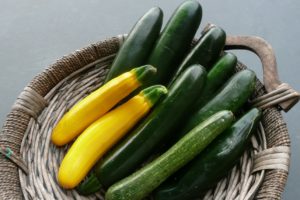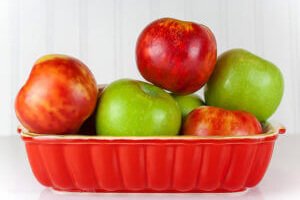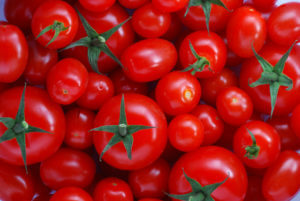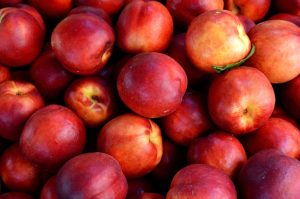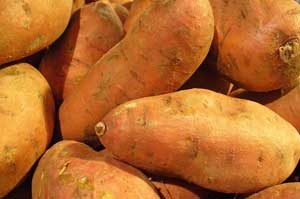In 2022, the Food Bank of Northeast Arkansas provided more than 2 million pounds of fresh produce to families in need through the support of various grants and grower partnerships. Through the generosity of others, thousands of people living on limited incomes have enjoyed cantaloupe, watermelon, cabbage, potatoes, carrots, onions, plums, sweet potatoes, corn, oranges, tomatoes, apples, and pears.
GROWERS
The Food Bank of Northeast Arkansas accepts produce that is surplus or irregular, making us a bottom-line business solution for your farming operation. With each donation, you will receive liability protection under The Federal Bill Emerson Good Samaritan Food Donation Act, receipts for potential tax deductions, and reduced costs associated with storage and disposal.
The Food Bank also works in partnership with the Arkansas Hunger Relief Alliance to glean fields. Gleaning is the biblical practice of hand-gathering crops left in the field after harvest.
HOME GARDENERS
If you have a home garden, consider donating your excess fruits or vegetables to the Food Bank. We will distribute your garden-fresh produce to our network of partner food pantries and shelters.
COMMUNITY GARDENS
Community and school gardens have many positive benefits, including increasing access to healthy, fresh food and creating the opportunity to teach people about nutrition. A community garden can make real and lasting change, especially when it comes to providing hunger relief to families in need.
HOW TO DONATE PRODUCE FROM YOUR GARDEN
Follow these steps when selecting, handling, storing, and transporting the produce you plan to donate:
- Call the Food Bank at least one day ahead of time to schedule a delivery date.
- Offer only good quality, freshly picked produce.
- Handle fresh produce safely to minimize the risk of food-borne illness.
- Keep each produce type in a separate, clean, food-grade container or bag.
- Clean as much dirt as possible off the produce.
- Choose produce that has no signs of mold, spoilage, bruising, or insects.
To learn more about the Fresh Produce Program, please contact Gary Phillips, Food Sourcing Coordinator at 870-932-3663 or gphillips@foodbankofnea.org.
“There are times when we have nothing to eat but the fruit and vegetables. It is a blessing to get these things.” – Client, Cherry Valley Food Pantry
“As a dietitian I can’t say enough about the value of fresh produce in making diets more packed with vitamins and minerals with lower sodium levels. It is a way to give greater variety to the diet and helps with teaching children to eat a wider variety of foods.” –Director, Helping Neighbors Food Pantry
“It helps my energy and health. I was able to walk better.” – Client, St. Francis County Food Pantry



